Associate Professor Dr. Vu Tien Hong is currently a journalism lecturer at the University of Kansas (USA). Until after completing his master's degree, he never thought he would become a teacher.
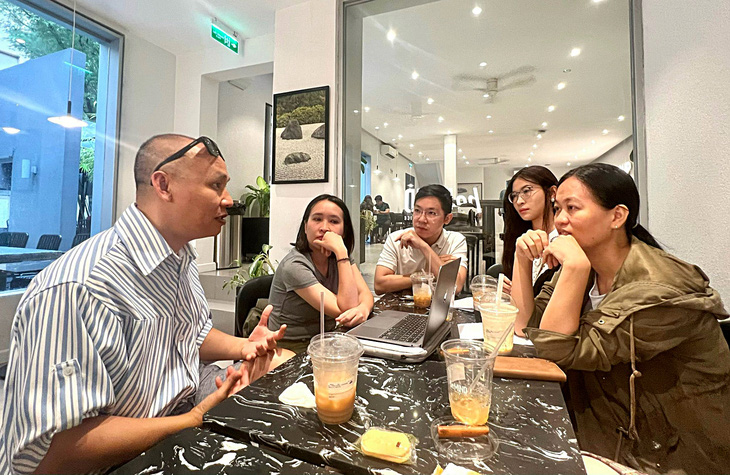
Associate Professor, Dr. Vu Tien Hong (left cover) talks with graduate students of the first course of journalism at the University of Social Sciences and Humanities - VNU-HCM City - Photo: MG
Associate Professor, Dr. Vu Tien Hong has published nearly 40 scientific articles in the field of journalism and communication. Occasionally, he returns to Vietnam to talk to postgraduate students at schools, conduct academic exchanges...
The profession chooses the person
* When you were young, did you ever think you would go to America to be a lecturer ?
- I was born and raised in Tuan Giao district, Dien Bien province. In the late 1980s and early 1990s, it was a very remote area. Until I finished high school, I still had not learned English because there were no teachers there. So until I finished university and worked for many years, I never thought I would go to America, let alone become a lecturer at an American university.
* So what chance brought you to become a lecturer at an American university?
- In 1995, after graduating from university with a degree in linguistics, I found my first job as a reporter, then went into business, consulting, organizing Vietnamese language and culture courses for foreigners, working for the Australian Embassy in Hanoi ...
In general, during this period, I did many different jobs and then returned to work for an online newspaper. After working for an online newspaper for a while, I moved to work for the AP News Agency. I did not study journalism, so there were questions about journalism that I could not answer at that time.
After working for AP for 3 years, I decided to stop and go to school to find the answer. I received a Fulbright scholarship in 2009 with the intention of returning to journalism after graduation. However, there were unexpected turns that did not follow my original plan.
The program sent me to study at the University of Kansas, a research university in the US. After completing my master's degree, I received a doctoral scholarship to the University of Texas at Austin. In 2015, I completed my doctorate and applied for teaching positions at US universities. Two schools accepted me, including the University of Kansas, and I have been working there ever since.
* You said you still hadn't learned English after high school. So how did you learn English to qualify to study abroad in the US?
- It was not until the end of my third year of university that I studied English at an outside center. After graduating from university, I got a B certificate in English. When I graduated, I worked as a journalist and tutored Vietnamese for foreigners. That was a way to earn extra income and learn English at the same time. I studied English in a practical way like that. Gradually my English improved.
For me, although I learned English late, it opened up a whole world for me. I didn’t go to English classes so I struggled a lot. A B level wasn’t enough to help me communicate so what I said they didn’t understand, what they said I also stuttered. At that time, I had to write it all down. When I went to teach Vietnamese to foreigners, I often had to carry a huge dictionary.
I learn written English mainly by reading newspapers. I often force myself to have days when I only read English newspapers. Then I put stickers all over my toothbrush and bedside so that I am surrounded by English.
I forced myself to read English books. At first, I was so engrossed because there were so many new words. But gradually, I read faster and learned how to write through reading. English opened my eyes to different perspectives and also changed my job opportunities.
* After 8 years of teaching, how do you find this profession?
- In my hometown, people used to talk about common jobs like teachers, doctors or soldiers. Teaching requires discipline and seriousness. I like to joke around so I feel like I'm not suited for it and have never thought of becoming a teacher.
At that time, I wanted to be a writer, so I took the entrance exam for the literature department, then switched to languages. Teaching chose me, but I didn't choose teaching at first.
However, over time, I have come to love this profession more and more. I love journalism because of its openness. Teaching fellow journalists about the profession makes me love it even more.
I teach you journalism skills, encourage you to read a lot and research a lot. This helps me have an overview of journalism, and be able to answer and explain issues related to the profession.
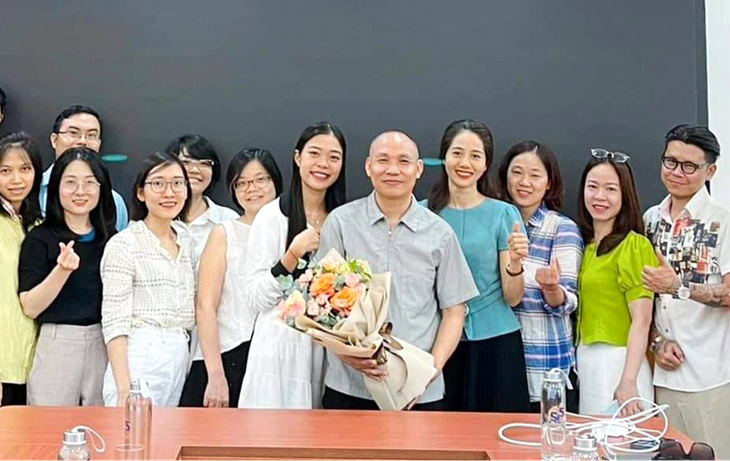
Associate Professor, Dr. Vu Tien Hong (holding flowers) during a discussion with postgraduate students of Hanoi National University - Photo: NVCC
Teachers in Vietnam teach too much.
* Do you see many differences between American and Vietnamese higher education?
- Very different. In my opinion, Vietnamese general education is very heavy while university and post-graduate education are light. In the US, it is the opposite. High school is light and gradually becomes heavier as you study at higher levels. For example, when I studied for my master's degree, I had to study full-time and was under terrible pressure, unlike in Vietnam where you work and study for your master's degree at the same time.
University lecturers in the US are also divided depending on whether the university is research or teaching. At research universities like Kansas, the time is about 40% teaching, 40% research, and the rest is doing other school work.
Kansas City’s revenue comes from a variety of sources, including alumni donations and government support. Sources such as tuition and research grants are also important, so the school is not under too much pressure to generate revenue to pay for its operations.
I see that Vietnamese university lecturers have to teach a lot, even teach at many schools. Maybe because of the small number of lecturers, the income of the schools or because of their own economic pressure, lecturers have to stretch themselves to teach. Lecturers who are not burdened by economic pressure will be more comfortable in teaching and researching.
* Do you often connect with universities and lecturers in Vietnam?
- When I have time, I return to Vietnam to exchange with universities and students in Vietnam. I and Vietnamese lecturers have collaborated on some scientific articles. I am luckier than many Vietnamese colleagues in being trained and given the opportunity to do research.
It can be seen that the demand for international research and publication of Vietnamese universities and lecturers has increased in recent years. However, I see that lecturers (in the field of humanities) have many teaching hours, but are not trained in skills towards international publishing. As a Vietnamese, I want to work with Vietnamese lecturers to learn from each other.
Associate Professor, Dr. Vu Tien Hong
In the US, scientific research is a task, publication is an obligation, there is no monetary reward like in Vietnamese universities. Because it is an obligation, every year the school evaluates whether the lecturer has fulfilled the obligation to publish or not. In addition, for scholars, publishing scientific works is important. It is also a way to increase the opportunity for cooperation and if you intend to find a job elsewhere, it will be easier.
Friend, brother, teacher
I graduated with an interdisciplinary doctorate, however, in the last 4 years, I have switched to in-depth research on journalism and communication. I was fortunate to know Associate Professor Dr. Vu Tien Hong - who later became my real mentor in this field, helping me to clear up many problems in theory and in-depth journalism research methods. To me, Associate Professor Dr. Vu Tien Hong is both a friend, an older brother and a teacher in my path of in-depth journalism research. * Dr. Trieu Thanh Le (Head of the Faculty of Journalism and Communication, University of Social Sciences and Humanities, VNU-HCM):Support for research capacity building
Associate Professor Dr. Vu Tien Hong has many international publications in the field of journalism and communication. He is in charge of guiding many graduate students and doctoral students and is very enthusiastic in guiding his students to conduct research in many diverse directions. Our department is one of the units that Professor Hong agreed to teach and guide in doing research. Under his guidance, we were updated with new knowledge about theory and research methods, and connected with other teachers from Kansas University and other schools in the US that he introduced. This is a very valuable support that contributes to improving the research capacity of our department.Tuoitre.vn


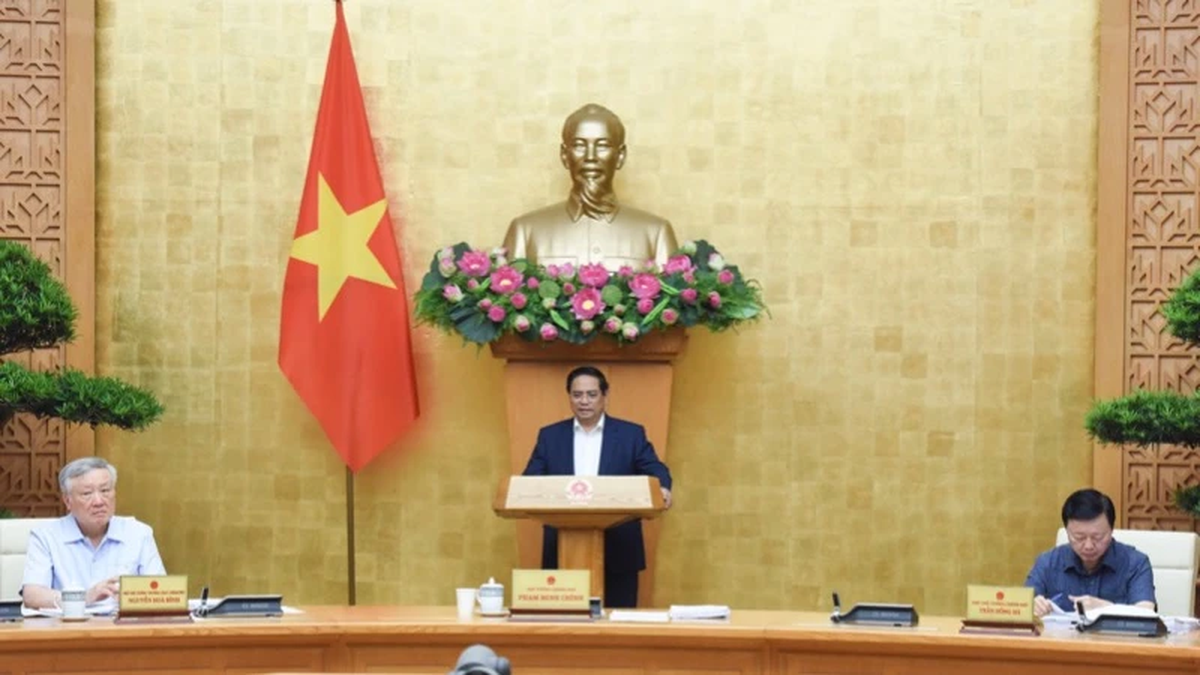
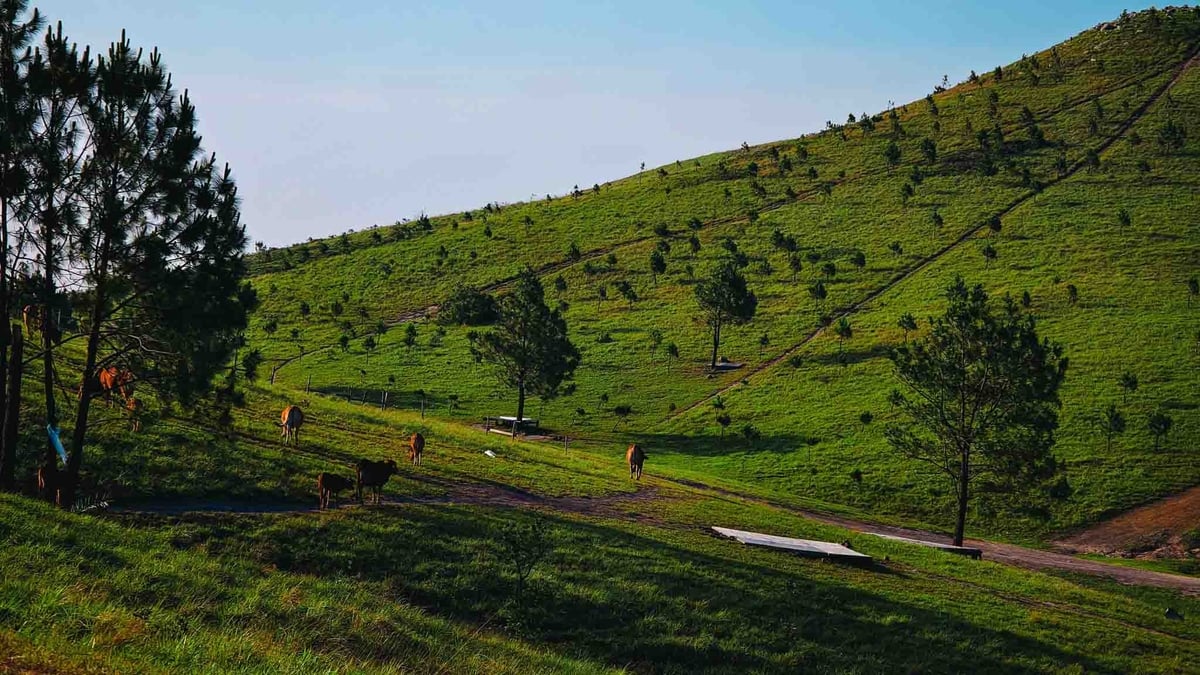


![[Photo] Prime Minister Pham Minh Chinh chairs the Government's special meeting on law-making in May](https://vphoto.vietnam.vn/thumb/1200x675/vietnam/resource/IMAGE/2025/5/22/1c880aae96fd4e0894abc47a46fe19ba)

















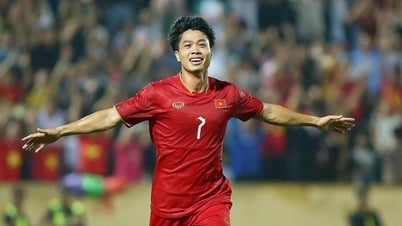
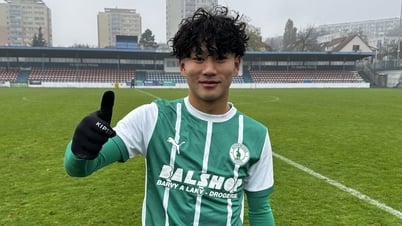

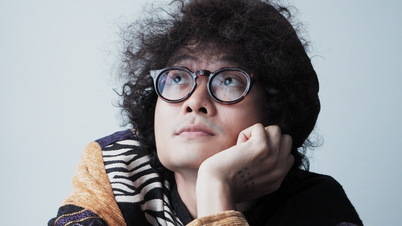
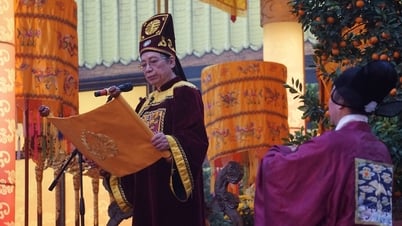
![[Photo] Prime Minister Pham Minh Chinh attends the groundbreaking ceremony of Trump International Hung Yen Project](https://vphoto.vietnam.vn/thumb/1200x675/vietnam/resource/IMAGE/2025/5/21/ca84b87a74da4cddb2992a86966284cf)


























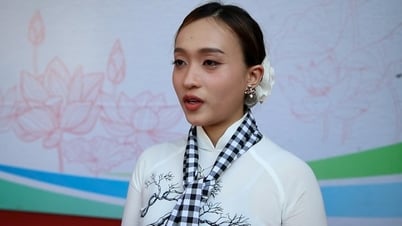
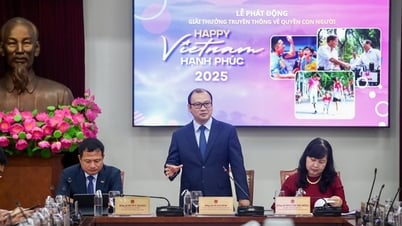
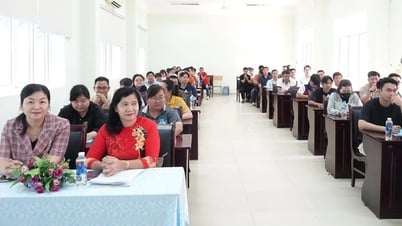


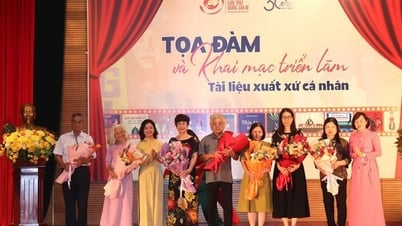







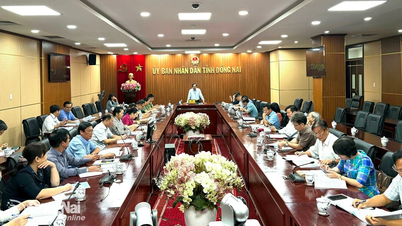
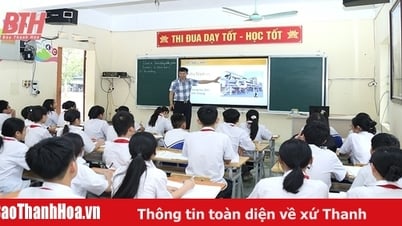






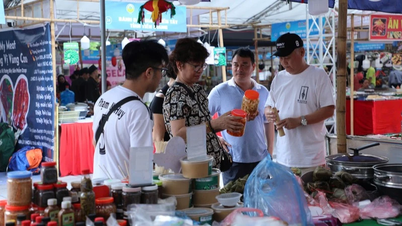
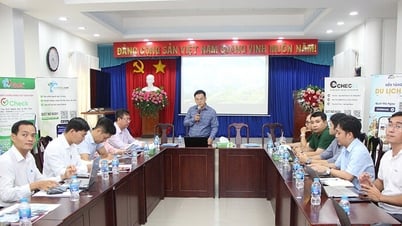

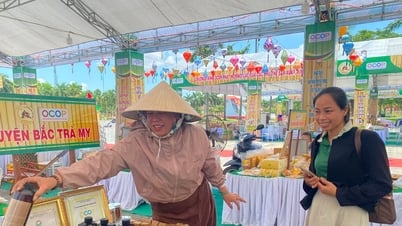

Comment (0)